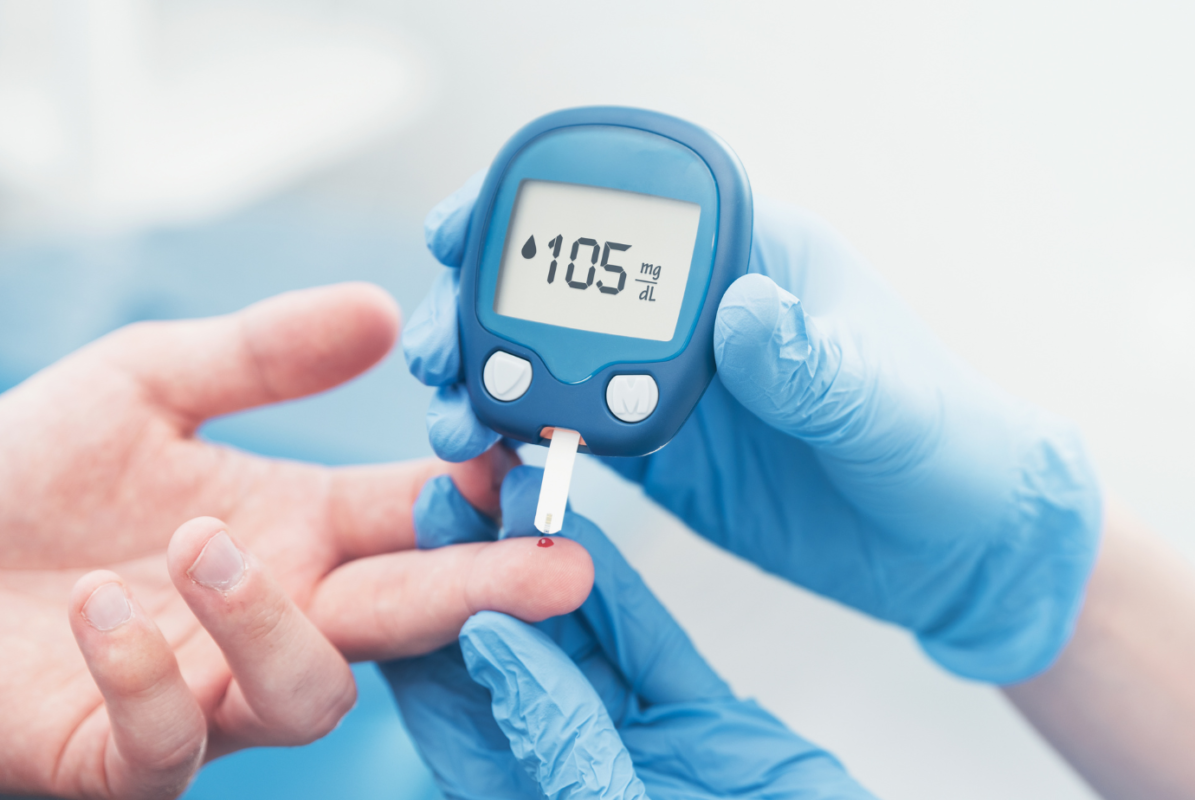What is Diabetes?
Diabetes is a group of diseases that interfere with the way your body uses insulin to convert blood sugar into energy. Diabetes doesn’t often cause symptoms in its early stages. However, if you notice any of the following symptoms, you should make an appointment at Premier Primary Care for a complete diagnosis.
- Extreme thirst
- Frequent urination
- Unexplained weight loss
- Fatigue and irritability
- Wounds slow to heal
- Frequent infections of your mouth or gums
There are three primary types of diabetes: Type 1, Type 2, and gestational:
Type 1 Diabetes: Also referred to as juvenile diabetes, Type 1 diabetes is usually diagnosed in childhood and develops when your body doesn’t produce enough insulin.
Type 2 Diabetes: Type 2 diabetes usually develops later in life and is sometimes referred to as insulin resistance. Type 2 diabetes occurs when your body doesn’t use the insulin you produce correctly. Your pancreas tries to produce more insulin to keep up with your body’s needs, but eventually, it can’t keep up.
Gestational Diabetes: Gestational diabetes develops during the second trimester of pregnancy. It’s due to your placenta producing a hormone that interferes with the action of insulin in your cells. It usually resolves after your baby is born.
What Causes Diabetes?
The exact cause of diabetes isn’t fully understood. However, doctors and medical researchers know that Type 1 diabetes is the result of an immunologic malfunction where your immune system attacks and destroys your insulin-making cells in your pancreas. Type 2 diabetes is often caused by genetics, a poor diet, and obesity.
How is Diabetes Diagnosed?
In most cases, your doctor diagnoses diabetes with a blood test. A basic blood panel reveals your blood sugar levels, a key indicator of diabetes. Diabetes doesn’t often cause noticeable symptoms, so this standard blood test is a critical part of your routine wellness exam, especially if you have a family history of the disease.
How is Diabetes Treated?
Premier Primary Care provides customized treatment plans to help you manage your disease. If you’re prediabetic or if your condition is in its early stages, you may be able to control your blood sugar levels by adjusting your diet and adding exercise to your daily habits.

